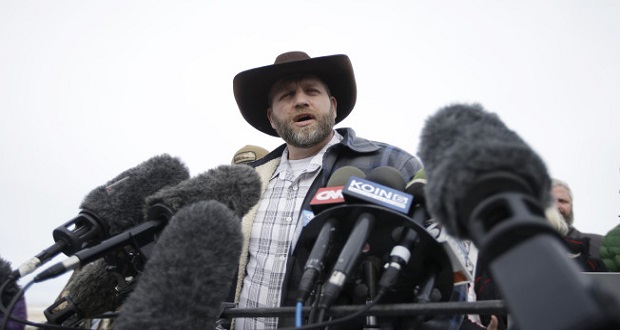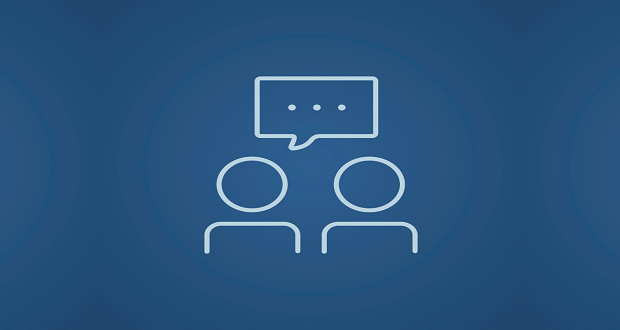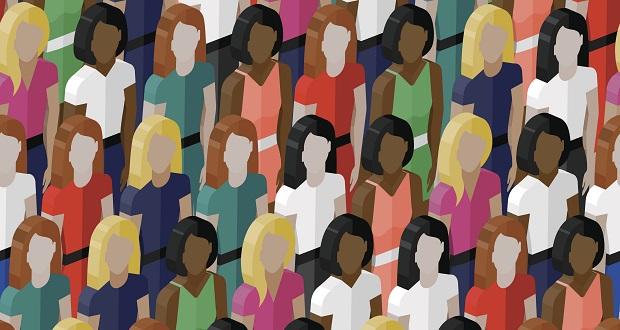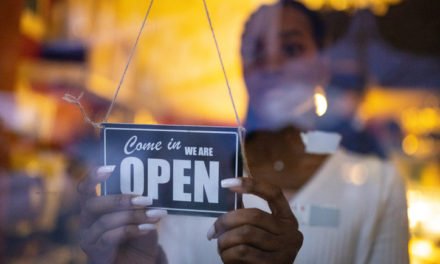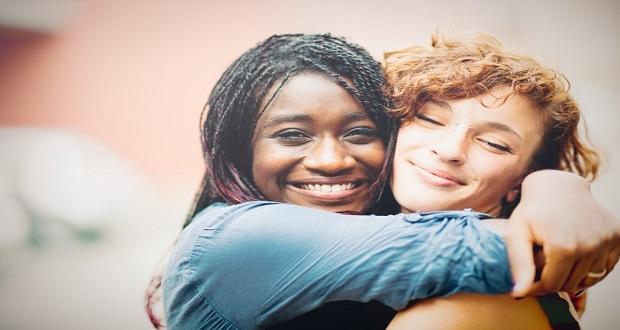
LGBTQ (Lesbian, Gay, Bisexual, Transgender, Queer) Pride Month is celebrated in the month of June every year. During this month, many pride events are held to recognize the impact LGBTQ people have in the world. The significance of the month of June is that it commemorates the Stonewall Riots (also known as the Stonewall Uprising) – this year marks the 50th Anniversary of this event.
The significance of the month of June is that it commemorates the Stonewall Riots (also known as the Stonewall Uprising) – this year marks the 50th Anniversary of this event. Share on XThe Stonewall Riots (there were three instances of fighting with police over three nights) happened in June of 1969. This was a more militant approach—in a more militant era—in which gay people demanded respect and equality, rather than asking for it, or trying to educate the heterosexual population…[Stonewall] addressed many aspects of inequality in American society. The movement did not call for “equality” per se, but rather argued for wide-scale social change that would eliminate many of the factors that caused inequality, such as heterosexism, misogyny, racism, and poverty.
Newsweek
There have been advances toward equality for LGBTQ people since Stonewall, including most recently the legalization of same-sex marriage in the US nationally. However, there is still a fight, and much more work to be done. And as administrations change, particularly in the US, previous rights put in place are being threatened. When looking specifically in the workplace, some of the top barriers reported that this group faces include:
- Challenges participating in social conversations
- Jokes about LGBTQ identities
- Others feeling entitled to personal information
- Wrong names and pronouns being used, mismatch with markers on official documents
- Harassment
- Fear of losing job, opportunities, or connections
- Microaggressions
- Navigating inequitable policies
What is it that we can do to eliminate these barriers? How can you support individuals from the LGBTQ community? What does it mean to be an ally? At The Winters Group we are committed to living inclusively, and helping our clients, colleagues, family, friends and community do the same. Below we offer some suggestions on how you can become a better ally, what changes you can make within your organization and live inclusively®.
Practice Allyship
- Reflect on where you may hold double standards and why
- Demonstrate openness and show an interest in colleagues’ lives and families
- Avoid highly personal subjects unless previous experience has suggested a person is comfortable discussing them
- Keep personal details in confidence unless given explicit permission to share
- Be on the lookout for harmful jokes and harassment, intervening to show it’s not okay
- Make the effort to use correct names and pronouns, apologizing and correcting yourself when you slip up, and reminding others to do the same
- Avoid common microaggressions
Changing Organizational Procedures, Policies and Practices
- Normalize sharing of pronouns in introductions and profiles
- Revisit nondiscrimination policies and parental leave policies
- Enforce harassment and discrimination issues that arise
- Consider where unconscious bias may be present in hiring processes
- Be mindful of inclusion in icebreakers and activities, to avoid topics that may not be relatable to everyone.
- Equip teams with training and common vocabulary
- Revisit applications, evaluations, and other forms that may require information about sex and gender to add inclusive wording
- Conduct audits to better understand how employees experience the workplace
- Create an accessible gender-neutral bathroom option
Live Inclusively® – Engage in the 4E’s
We encourage you during this month of Pride, if you do not know much about the LGBTQ community to do some self-work, by engaging in the 4E Model™: Exposure, Education, Experience & Empathy.
- Exposure: As yourself, who’s in my world? Does your circle include those who identify as LGBT, or do you only interact with those who are like you? The less exposure we have to people who are different than us, the less likely we have the ability to live inclusively® and be allies to those groups.
- Experience: This “E” takes “exposure” a step further. Experience is about engaging with those who are different from you in ways that are cross-culturally enriching. You can be exposed to those from the LGBTQ community, as discussed above, but if you are not developing meaningful relationships with them, you are less likely to have the capacity to bridge across difference.
- Education: Formal education is key. You cannot truly be an ally for someone or a community if you do not know anything about them. Learn more about LGBT history in your respective country and the world. Don’t limit your knowledge from what you get from the news media or social media.
- Empathy: The first three “E’s” lead to the fourth “E”, Empathy. Empathy defined, is the ability to see the world from the other’s perspective. Empathy cannot happen without the other “E’s”. Having the capacity to understand the perspective of someone who identifies as LGBT is necessary in order to be an ally and live inclusively®.
No one “E” will get you to a place of being a better ally to the LGBTQ community. You must work on all of these elements to effectively bridge across difference.
We would like to leave you with this heartfelt TEDxCharlotte video by Jim Anderson. He speaks on his journey to acceptance once his daughter came out to him as a lesbian.

